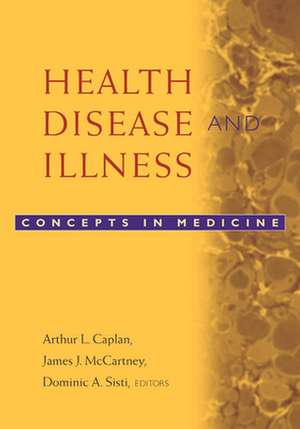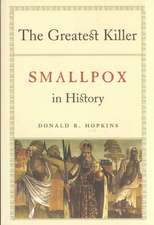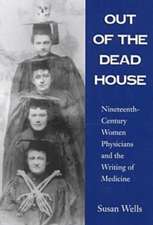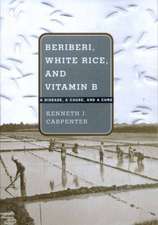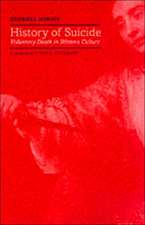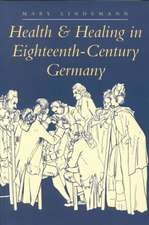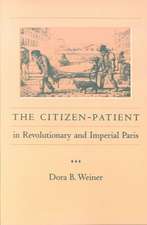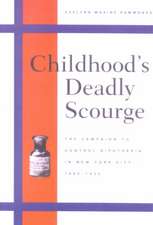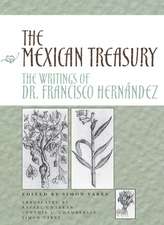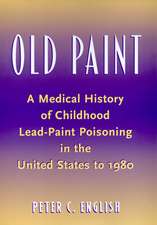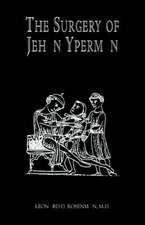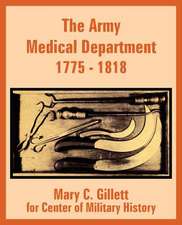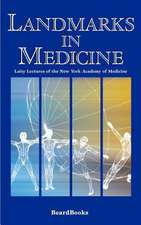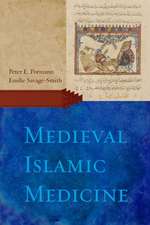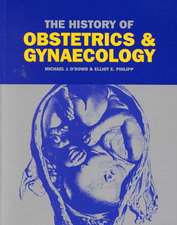Health, Disease and Illness
en Limba Engleză Paperback – 18 iun 2004
Preț: 345.67 lei
Preț vechi: 363.87 lei
-5% Nou
Puncte Express: 519
Preț estimativ în valută:
66.14€ • 69.24$ • 54.73£
66.14€ • 69.24$ • 54.73£
Carte tipărită la comandă
Livrare economică 07-21 aprilie
Preluare comenzi: 021 569.72.76
Specificații
ISBN-13: 9781589010147
ISBN-10: 1589010140
Pagini: 328
Ilustrații: Illustrations
Dimensiuni: 181 x 254 x 24 mm
Greutate: 0.64 kg
Editura: Georgetown University Press
Locul publicării:United States
ISBN-10: 1589010140
Pagini: 328
Ilustrații: Illustrations
Dimensiuni: 181 x 254 x 24 mm
Greutate: 0.64 kg
Editura: Georgetown University Press
Locul publicării:United States
Descriere
Examines the history, state, and future of "concepts" in medicine. This title shows the evolutionary arc of medical concepts from the Greek physician Galen of Pergamum (ca 150 ce) who proposed that "the best doctor is also a philosopher", to contemporary discussions of the genome and morality.
